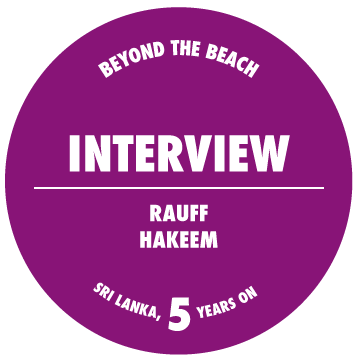
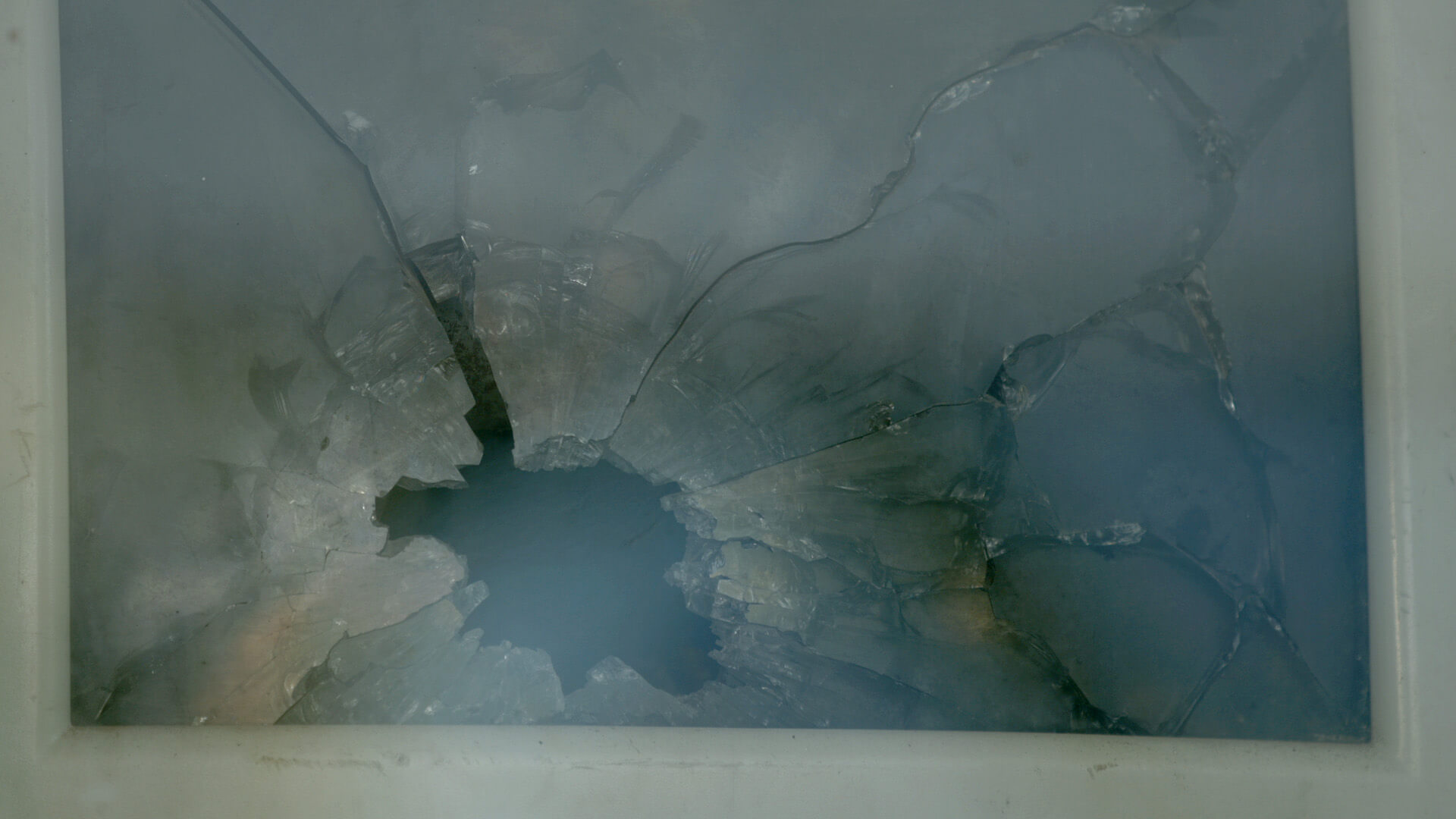


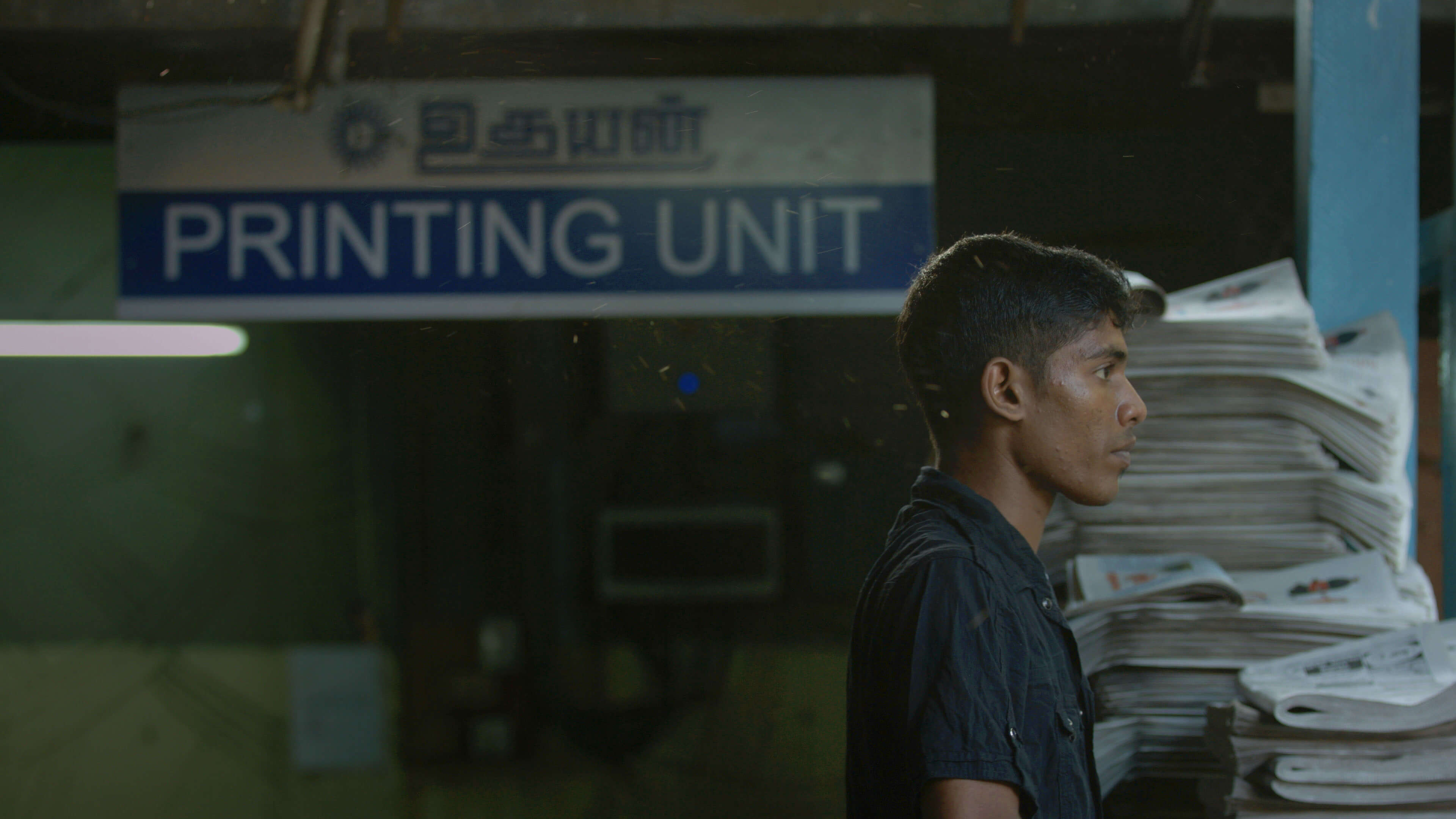
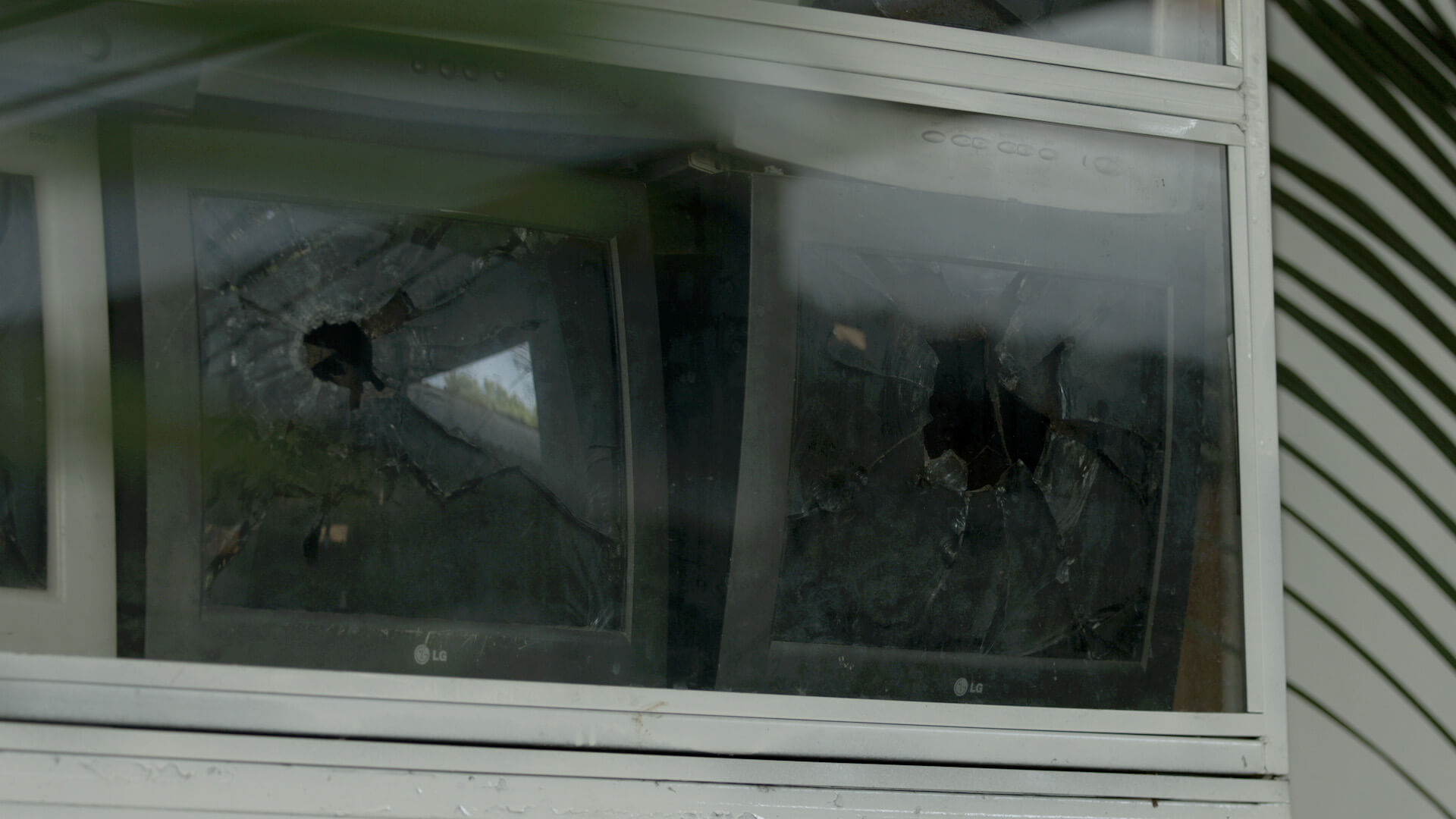
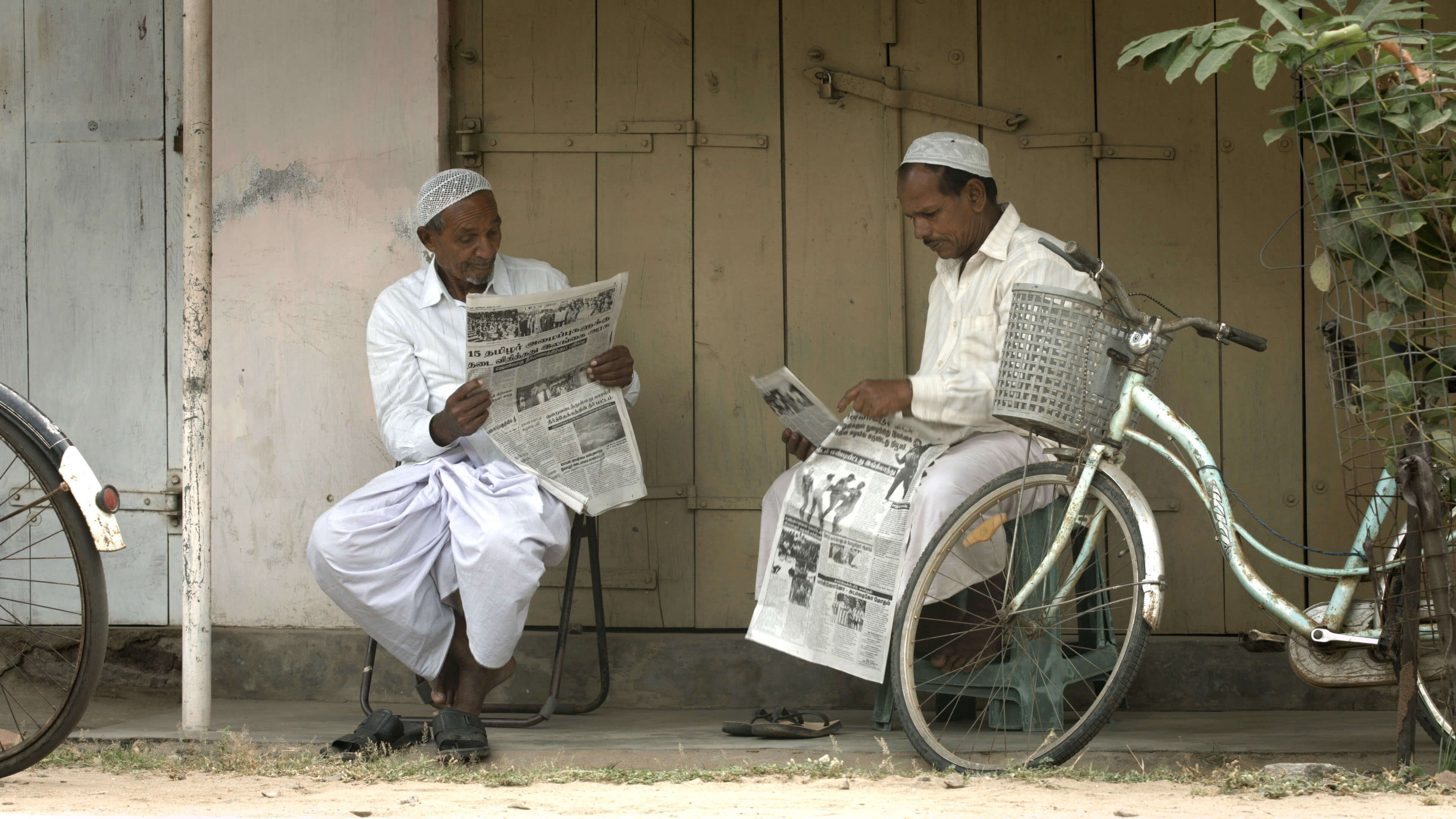
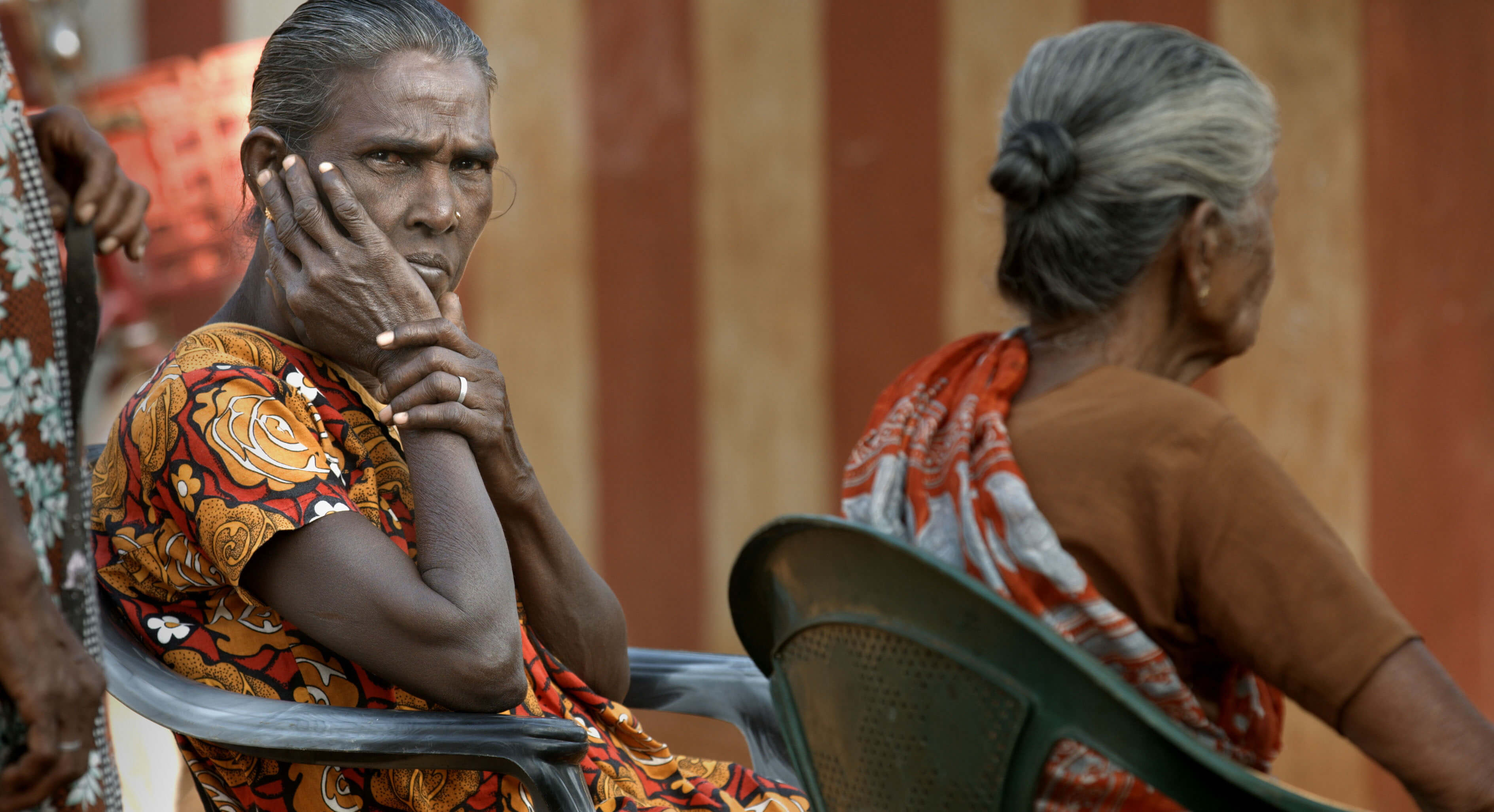
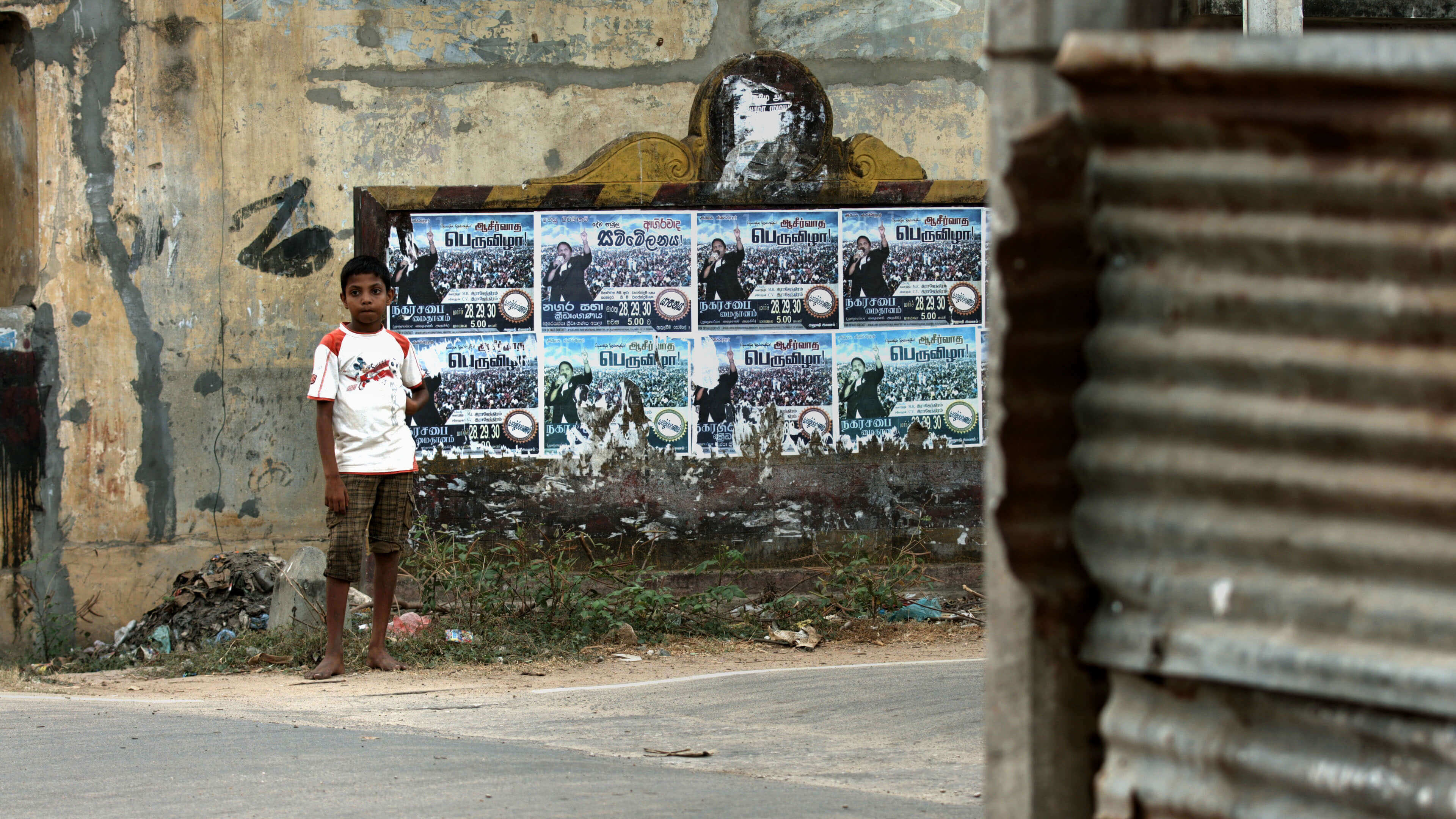


BEYOND
THE BEACH
HOVER TO
NAVIGATE

still have bullets in them.
Instead of plastering and repainting, the Tamil-language daily’s staff drew red circles around the bullet holes and wrote the date and circumstances of each one - as reminder that it could happen again.
“Unidentified gunmen shot randomly inside the office on 2nd May 2006. Bullets inside.”
On the night before World Press Freedom Day in 2006, seven masked men with AK47s climbed the wall of Uthayan’s compound, in the northern city of Jaffna, and shot their way into the editorial room. They killed two staffers, one still sitting at his desk, the other lying face down on the ground. Three others were shot, but survived.
OF JAFFNA’S UTHAYAN NEWSPAPER
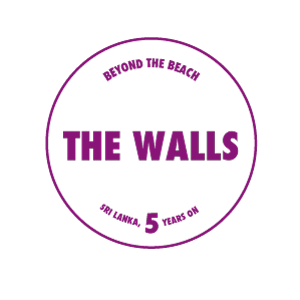
The conference room walls are lined with photographs of Uthayan’s slain and injured journalists, some of them captured as bloody corpses at the crime scene.
“He is lucky to be alive,” says Thevanayagam Premananth, executive editor of the newspaper, pointing to a photo of his colleague, Gnasundaram Kuganathan, laying in a hospital bed, face bruised and bandaged, electrodes taped to his bare chest.
The 59-year-old news editor was walking home from work one evening in 2011 when two men swung iron bars to the back of his head. They left him for dead along the side of the road.
“Somehow he managed to call me and he said, ‘I was attacked by somebody and I can’t move anymore,’” Premananth remembered that night. “So I ran from here with my colleagues and immediately rushed him to hospital.”
Kuganathan now lives in Switzerland. “It’s a great loss for us because he’s a very senior person, and he’s the man who went through all challenges we faced,” Premananth said.
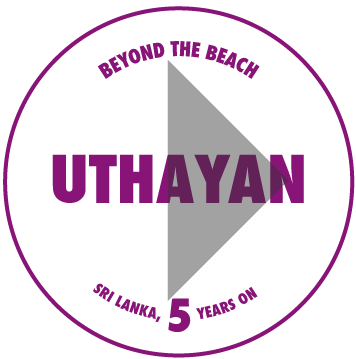
CLICK TO PLAY
VIDEO
arsonists, grenades and bombs. Its journalists have been threatened, assaulted, abducted and killed - 36 attacks in all, 21 since the end of the war in 2009, according to Managing Director Eswarapatham Saravanapavan, who is also a member of parliament with the Tamil National Alliance party.
It’s not only Tamil journalists who are attacked in Sri Lanka. Critical Sinhalese reporters are also threatened, abducted and driven into exile.
NEWSPAPER HAS WITHSTOOD ATTACKS BY GUNMEN,
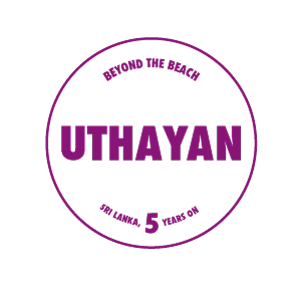
In August last year, a day before UN High Commissioner for Human Rights Navi Pillay arrived in Sri Lanka for a field visit, Mandana Ismail Abeywickrama, an associate editor of the Colombo-based newspaper The Sunday Leader, was held at knifepoint in her home as assailants rifled through her files for three hours. The police chalked it up to a simple robbery, but the local press freedom organisation, Free Media Movement, suspects it was related to her work.
The founding editor of the same newspaper was shot dead in broad daylight on his way to work in 2009. Three days later, The Sunday Leader published a chilling editorial Lasantha Wickrematunge had written before his death titled “And Then They Came for Me”, in which he predicted: “When finally I am killed, it will be the government that kills me.”
“In the wake of my death I know you will make all the usual sanctimonious noises and call upon the police to hold a swift and thorough inquiry,” Wickrematunge wrote in his final editorial. “But like all the inquiries you have ordered in the past, nothing will come of this one, too. For truth be told, we both know who will be behind my death, but dare not call his name. Not just my life, but yours too, depends on it.”
Sri Lanka is ranked fourth in the world on the Committee to Protect Journalists’ impunity index, which tracks unsolved murders of reporters. Under President Rajapaksa’s rule, both as president and prime minister, nine journalists have been murdered. To date no one has been convicted and a “flourishing culture of impunity” persists, according to the press freedom advocacy group.
“What we’re seeing in Sri Lanka is a government that’s been brutally effective in silencing critical voices over the past few years,” said Sumit Galhotra of the Committee to Protect Journalists.
attacks on journalists, say human rights advocates.
In March 2014, two prominent human rights activists were detained on terrorism-related charges in Kilinochchi, the former stronghold of the LTTE. Ruki Fernando, of Rights Now Collective for Democracy, and Father Praveen Mahesan, a Catholic priest, had been investigating the detention of Balendran Jeyakumari, suspected by the government of harbouring a fugitive LTTE reviver. Fernando and Father Praveen were questioned by the Terrorism Investigation Division for two days and then were released on bail. Jeyakumari remains in detention.
"I think it's a deliberate attempt to intimidate and suppress any form of dissent, criticism or challenge, and clearly not allow people outside Sri Lanka to know what's happening inside the country," Fernando told CNN after his release. He was later slapped with a court order prohibiting him from speaking to the press or travelling out of the country.
SILENCING OF CRITICAL VOICES EXTENDS BEYOND
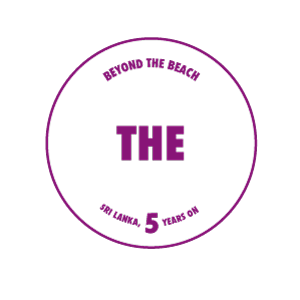
A string of arrests in the Tamil areas in the north came during the lead-up to the UN Human Rights Council vote that set up an international inquiry into alleged war crimes during the civil war. The government has denied allegations that it committed war crimes and rejected any UN investigations.
Every March for the past three years, the Council in Geneva has passed resolutions encouraging accountability and condemning ongoing human rights violations in Sri Lanka.
Fred Carver of the UK-based Sri Lanka Campaign says March is open season on activists, as the government cracks down on anyone believed to be providing information about human rights violations to Geneva.
“We’re very, very concerned that attacks on human rights defenders over the last couple of days is going to do long term damage,” Carver said in March. “It’s going to remove the bravest voices from the scene and intimidate everyone else into silence.”
When Al Jazeera was in Sri Lanka in late March, many human rights activists based in the north had turned off their phones and were hiding in safe houses, fearing arrest and abduction.
“There’s very little they can do without the military getting involved,” said Jehan Perera of the NGO National Peace Council. “For instance, if there is a meeting or gathering, a seminar, the military, or the security force intelligence services are likely to enter the premises and question the people as to what they are doing.”
This has a chilling effect on freedom of association and free expression and ultimately inhibits the work of civil society, says Sabiya, a women’s rights activist who asked for her name to be changed.
“At the end of the day it has affected women and folks who come forward to work with civil society groups,” Sabiya said. “When they are in danger, when they are finding it difficult to mobilise or talk about their issues, our work also comes to a zero point, and we have to restart the work again and again.”
